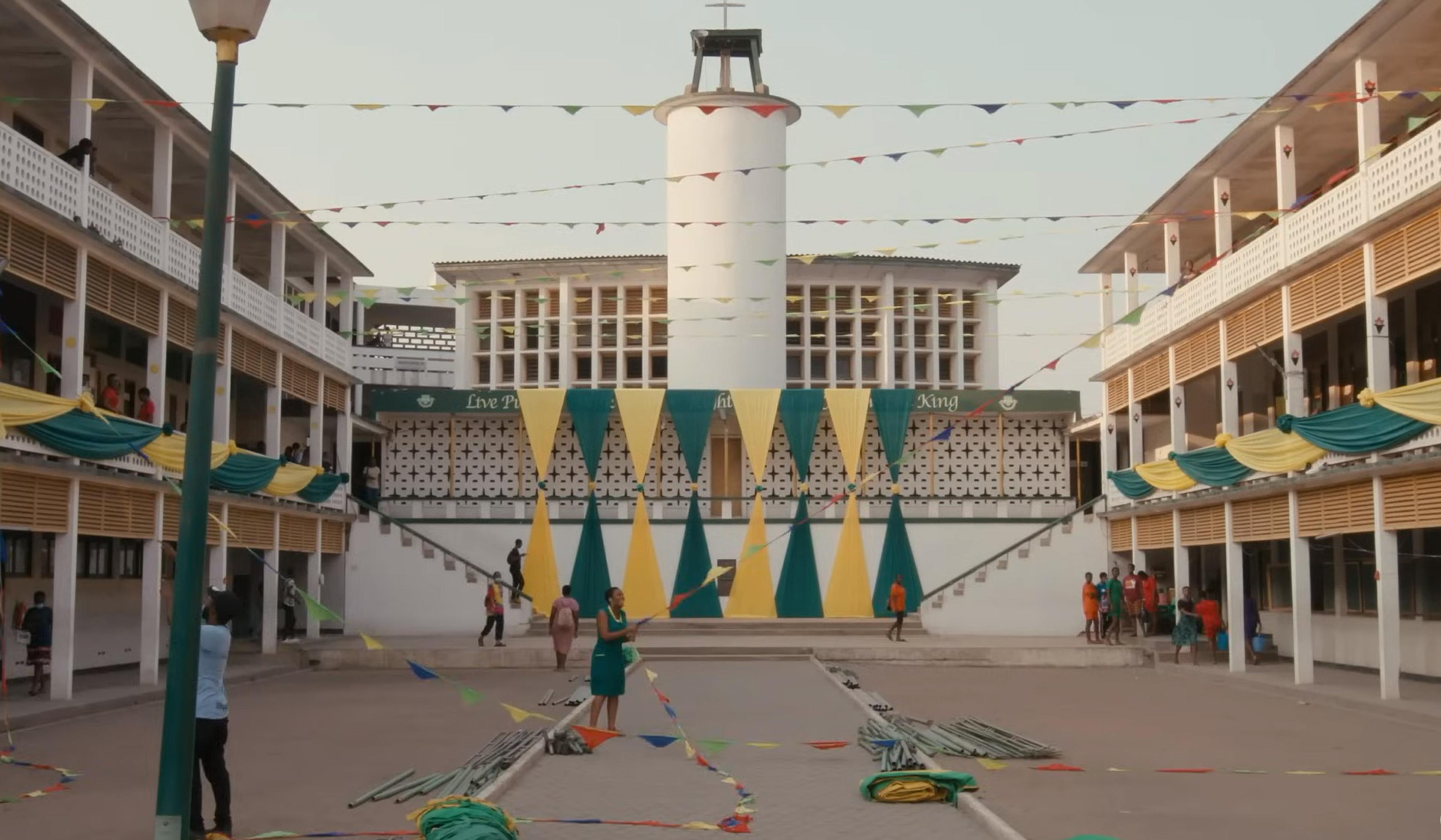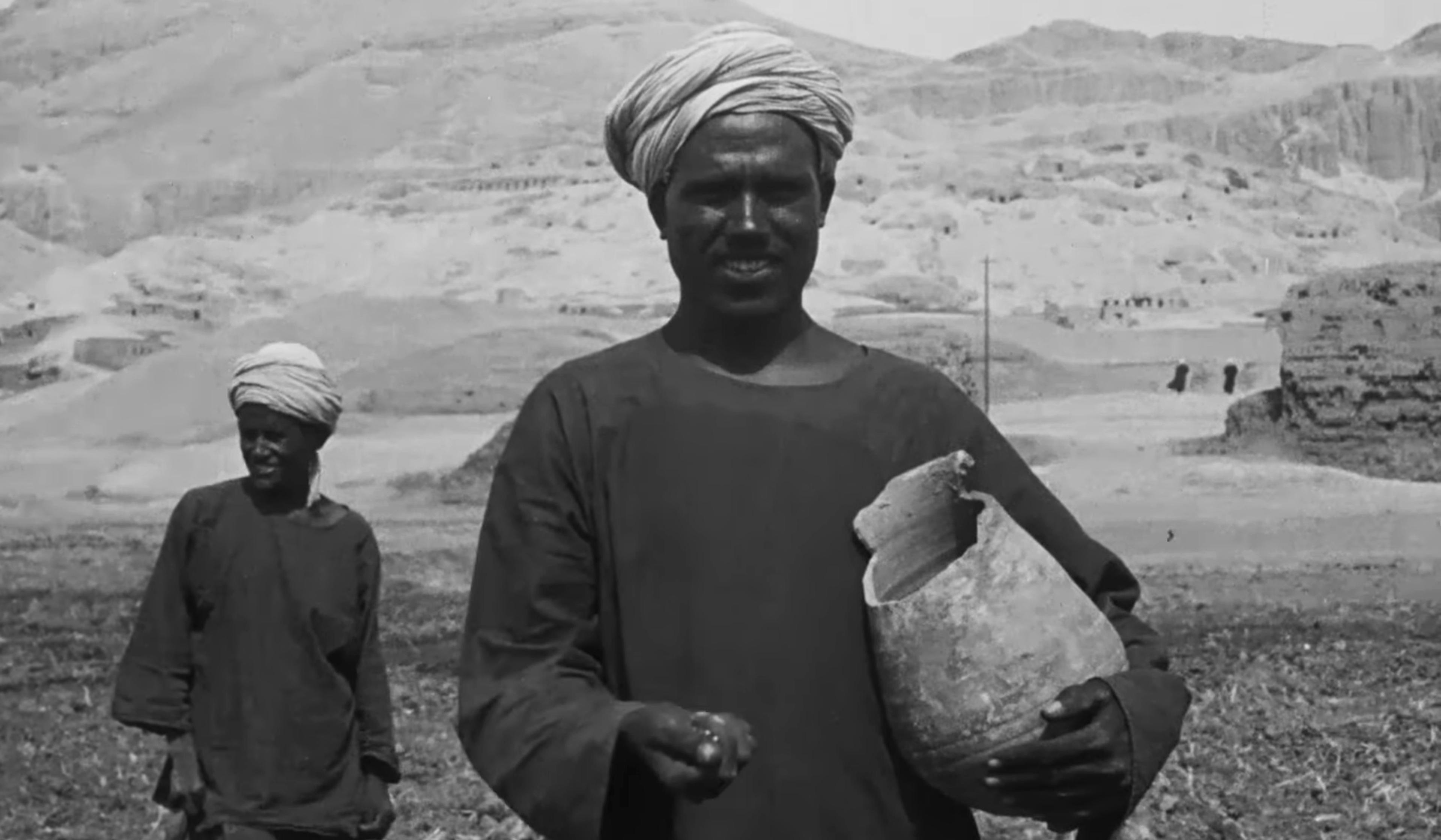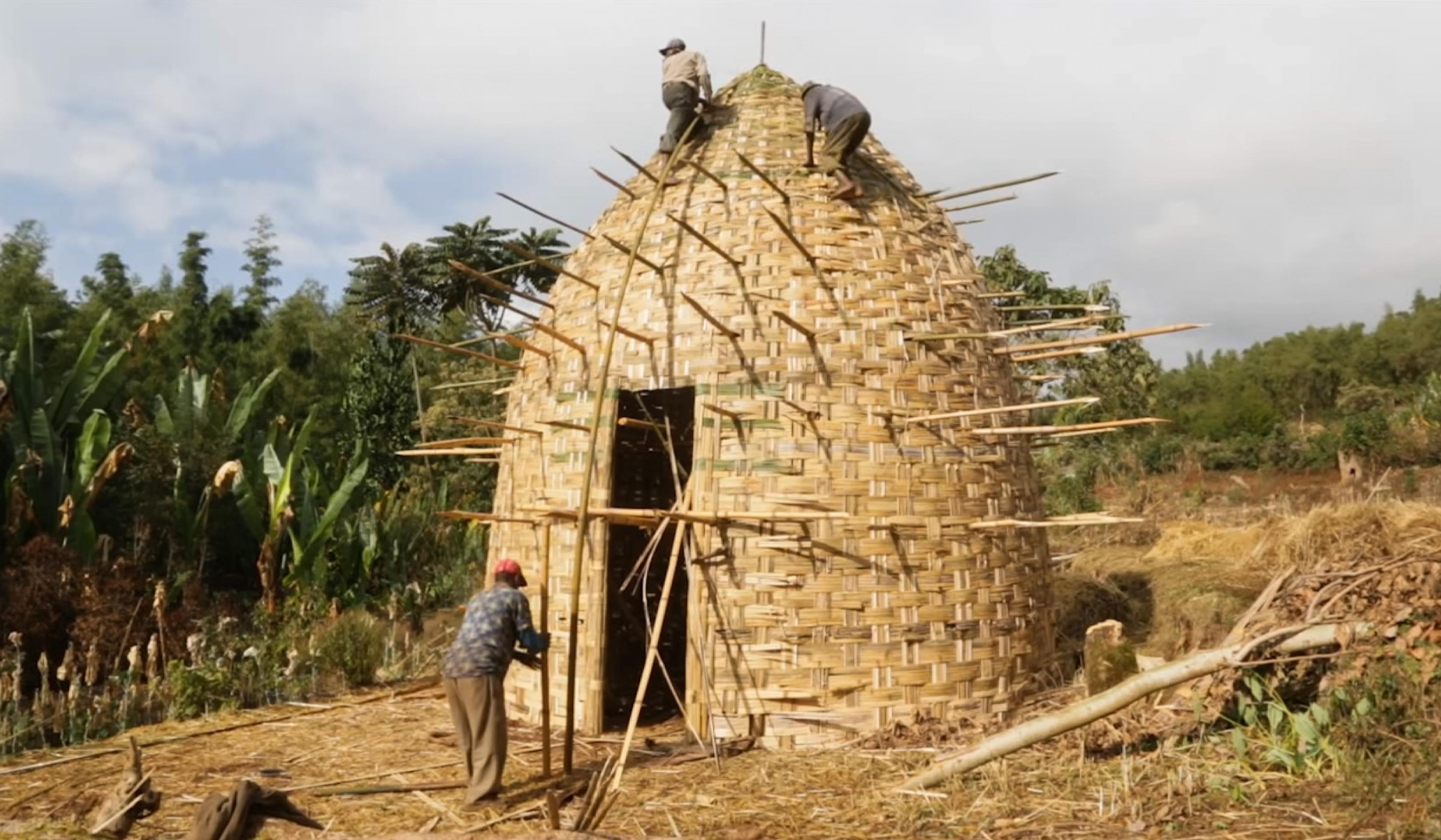The sprawling stone ruins of Zimbabwe are deeply intertwined with its national identity. Indeed, the name ‘Zimbabwe’ itself is derived from a term meaning ‘houses of stone’. Due to colonial prejudices, these medieval complexes – the largest of their kind in sub-Saharan Africa – were long thought to have been built by foreigners. Today, however, they are recognised as the remnants of an advanced African society known as Great Zimbabwe.
Directed by the Ethiopian-American filmmaker Sosena Solomon, this short film explores how the dry-stone technique once used to build these structures is now used by local masons and archaeologists to preserve them, highlighting a tradition of intergenerational maintenance. It also reveals what scholars have learned through preservation and excavation, as well as the mysteries that remain. The film is part of the short documentary series Africa’s Cultural Landmarks, produced by the Metropolitan Museum of Art in New York in collaboration with the World Monuments Fund.








